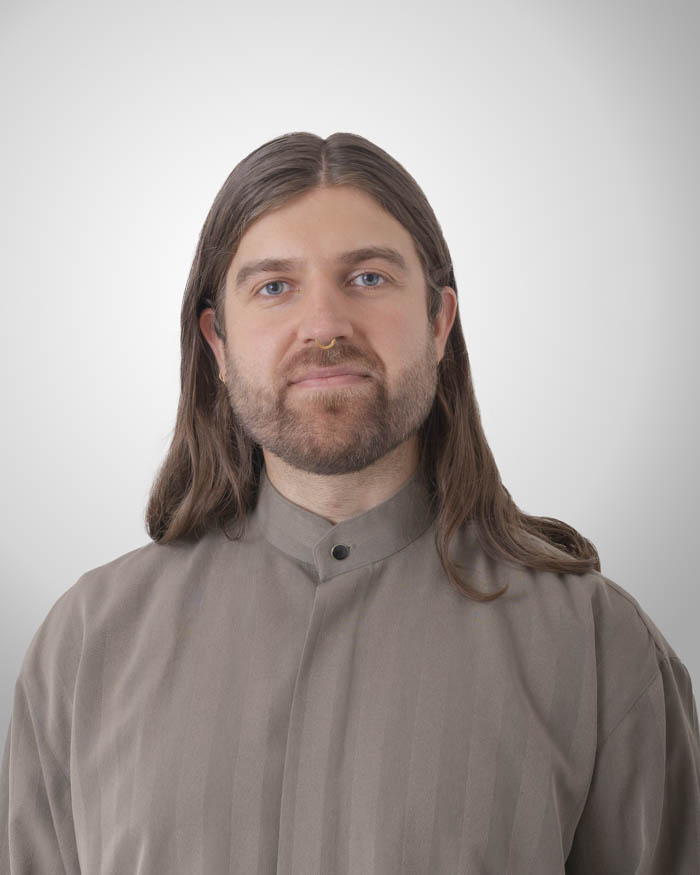You’re here because something is amiss. Maybe you no longer recognize yourself in your relationships, your work, or your words. Maybe you’re experiencing periods of anxiety, hopelessness, or anger that are growing more difficult to control. Perhaps you’re feeling physically unwell: struggling with persistent pain and discomfort, or with a sense of numbness that you just can’t break through. You might be having trouble sleeping, isolating yourself from friends and loved ones, circling around distressing thoughts and memories, engaging in self-destructive or impulsive habits, or reaching for alcohol and other substances more than you used to. Maybe you can’t quite pin down why you’re feeling or acting this way. But if you’re here, reading this, it’s because you want something different for yourself—something more.
Therapy can help. By uncovering the roots of your pain, therapy will enable you to make meaningful and lasting changes, both in yourself and in your relationships with others. We spend so much of our lives pushing away the parts of ourselves that are hurt, confused, or desperate. Seeking help means that you have chosen to listen to these inner voices—and to act on them. This is a first step toward a fuller, healthier life. Therapy will clarify and strengthen the movement that is already underway, giving these essential yet unacknowledged parts of you the care that they need. As you continue to follow the threads of your suffering, and as you unearth the powerful strivings hidden beneath it, you will find not only relief, but also a larger sense of yourself and your capacities.
What does this therapeutic work look like? To start, I will listen to you attentively and openly. You may have shared some of your stories with others, but therapy is an opportunity to say something for the first time—to tell a story that you’ve never told anyone before, even yourself. As you explore these new corners of your life and your mind, a pattern will begin to emerge. You’ll begin to recognize the decisions you make almost automatically, and to see how choices that served you well in certain times and places can lead to grief in other contexts. Together, we will examine both how these patterns came about and how they function now—how they might hold you together, but also how they hold you back. Understanding why these repetitive thoughts and behaviors exist, what problems they solved in your past, can help you invent a different and more creative way forward: a future that feels more like yours.
My practice is open to all. If you feel that we would be a good fit, I’d love to hear from you. Please call me or send me an email to set up a free consultation. When we meet, you will have the opportunity to ask any questions you might have about the shape our work can take. I look forward to speaking with you.






